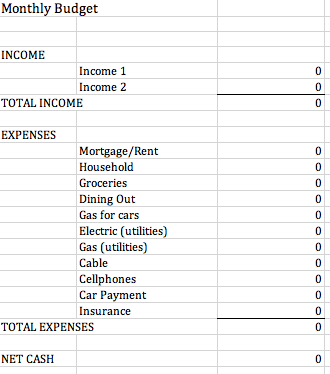The Four Parts of Medicare: Which Parts Are Essential for You?
Medicare is a crucial national health insurance program that provides coverage to individuals aged 65 and older, younger people with disabilities, and those with end-stage renal disease. With four parts – Part A, Part B, Part C, and Part D – it’s essential to understand the options available to make informed decisions about your healthcare coverage.
Medicare Part A: Hospital Insurance
Medicare Part A covers hospitalization costs, including inpatient care, skilled nursing facilities, hospice care, and home health care. While most individuals do not have a monthly premium for Part A if they or their spouse paid Medicare taxes for at least 10 years, others may have to pay a premium of $278 to $505 per month. In 2024, a $1,632 deductible applies before Part A coverage begins, with additional costs for extended hospital stays.
Medicare Part B: Doctors and Tests
Medicare Part B covers visits to the doctor, lab tests, medical equipment, outpatient services, and preventive care. Monthly premiums for Part B are based on income, with a deductible of $240 in 2024. It’s important to note that there is no cap on out-of-pocket expenses, making supplemental coverage like Medigap crucial to cover potential high medical costs.
Medicare Part C: Medicare Advantage
Medicare Part C, also known as Medicare Advantage, is offered by private insurers and typically includes coverage for Parts A, B, and D. This option provides additional services such as dental and vision care but may have limitations such as a restricted network of doctors. Premiums for Part C can be deducted from Social Security benefits.
Medicare Part D: Prescription Drugs
Medicare Part D is an optional prescription drug benefit administered by private insurance companies. Depending on the plan, individuals may need to pay a deductible and co-pays. The coverage gap, known as the Medicare Donut Hole, kicks in after a spending threshold is reached, with catastrophic coverage beginning after a second threshold.
Medicare Advantage vs. Medigap
While Medicare Parts A and B provide essential coverage, Medigap supplemental insurance can help fill in coverage gaps for out-of-pocket costs. It’s important to have Parts A and B before purchasing a Medigap policy, as it works alongside these parts to provide comprehensive coverage.
Understanding the different parts of Medicare and the coverage they provide is essential for making informed decisions about your healthcare. Whether you’re nearing retirement age or looking to support a loved one, knowing the ins and outs of Medicare can help ensure you have the coverage you need.


:max_bytes(150000):strip_icc()/GettyImages-1371757399-3329dac503a74576a455122fc2b08246.jpg?w=150&resize=150,150&ssl=1)
